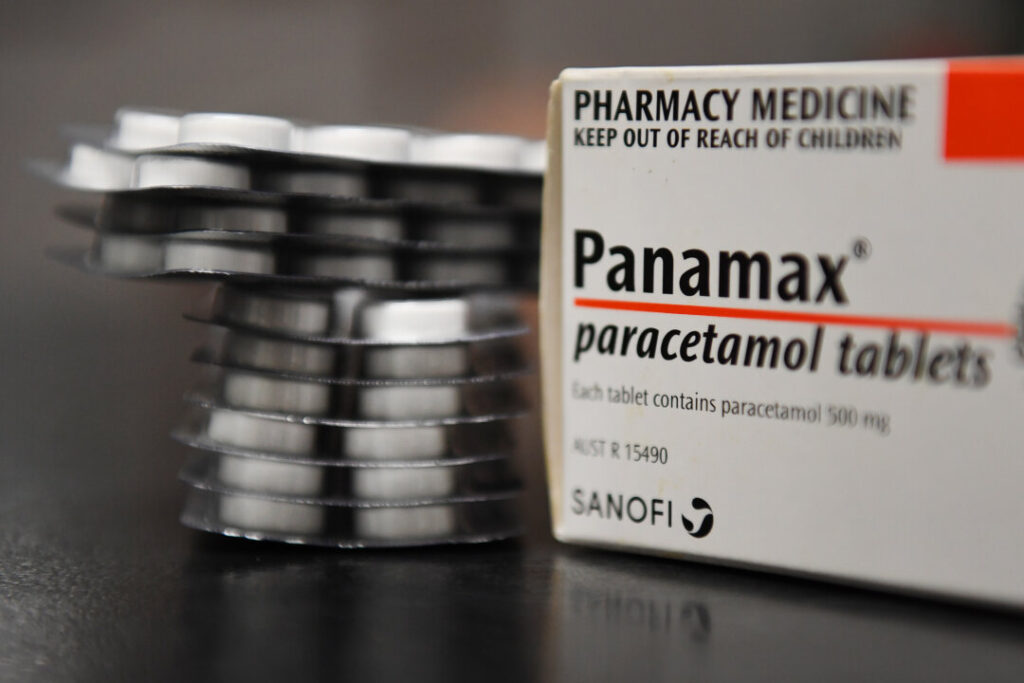
Paracetamol stock image, Thursday, May 29, 2025. (AAP Image/Jono Searle) NO ARCHIVING
Australia’s Therapeutic Goods Administration (TGA) has affirmed that paracetamol, also known as acetaminophen, remains a safe option for pregnant women. This declaration follows comments made by former U.S. President Donald Trump, who suggested a link between the drug and autism. Health Minister Mark Butler sought urgent advice from the TGA in light of these statements.
In its official statement, the TGA emphasized that paracetamol is classified as a Category A medicine. This classification indicates that it is widely used and deemed safe during pregnancy. The agency has confirmed that there are currently no active investigations regarding any associations between paracetamol and autism or other neurodevelopmental disorders.
Regulatory Assurance and Monitoring
The TGA outlined that the use of medications during pregnancy undergoes thorough clinical, scientific, and toxicological evaluation before registration. Additionally, the agency conducts strict post-market surveillance, which includes analyzing adverse event reports, reviewing published research, and maintaining close coordination with international regulators.
According to the TGA, its monitoring system is robust, assessing consumer reports, clinician feedback, and global data to inform its decisions. At this time, there is no evidence necessitating a change to the safety classification of paracetamol for use during pregnancy. The regulator encourages Australians to consult healthcare professionals for personalized advice. “Paracetamol remains safe for use in pregnancy when taken as directed,” the TGA reiterated.
Expert Opinions on Autism Claims
The claims made by Trump regarding paracetamol and autism have been dismissed by health experts in Australia. Danielle McMullen, President of the Australian Medical Association (AMA), stated, “There are no studies showing that paracetamol use in pregnancy causes autism.” During an interview on ABC’s RN Breakfast, she explained that while some studies have shown an association between paracetamol use and autism, larger studies have indicated no such link.
McMullen underscored that association does not imply causation and pointed out that autism is more likely associated with genetic factors rather than medication use during pregnancy. She reassured expectant mothers that the prevailing advice in Australia remains that paracetamol is a reasonable and safe option for them.
As the debate surrounding medication safety during pregnancy continues, the TGA’s reaffirmation of paracetamol’s safety provides clarity for health professionals and pregnant women alike. The agency remains vigilant in its monitoring efforts to ensure the continued safety of medications used during this critical period.







